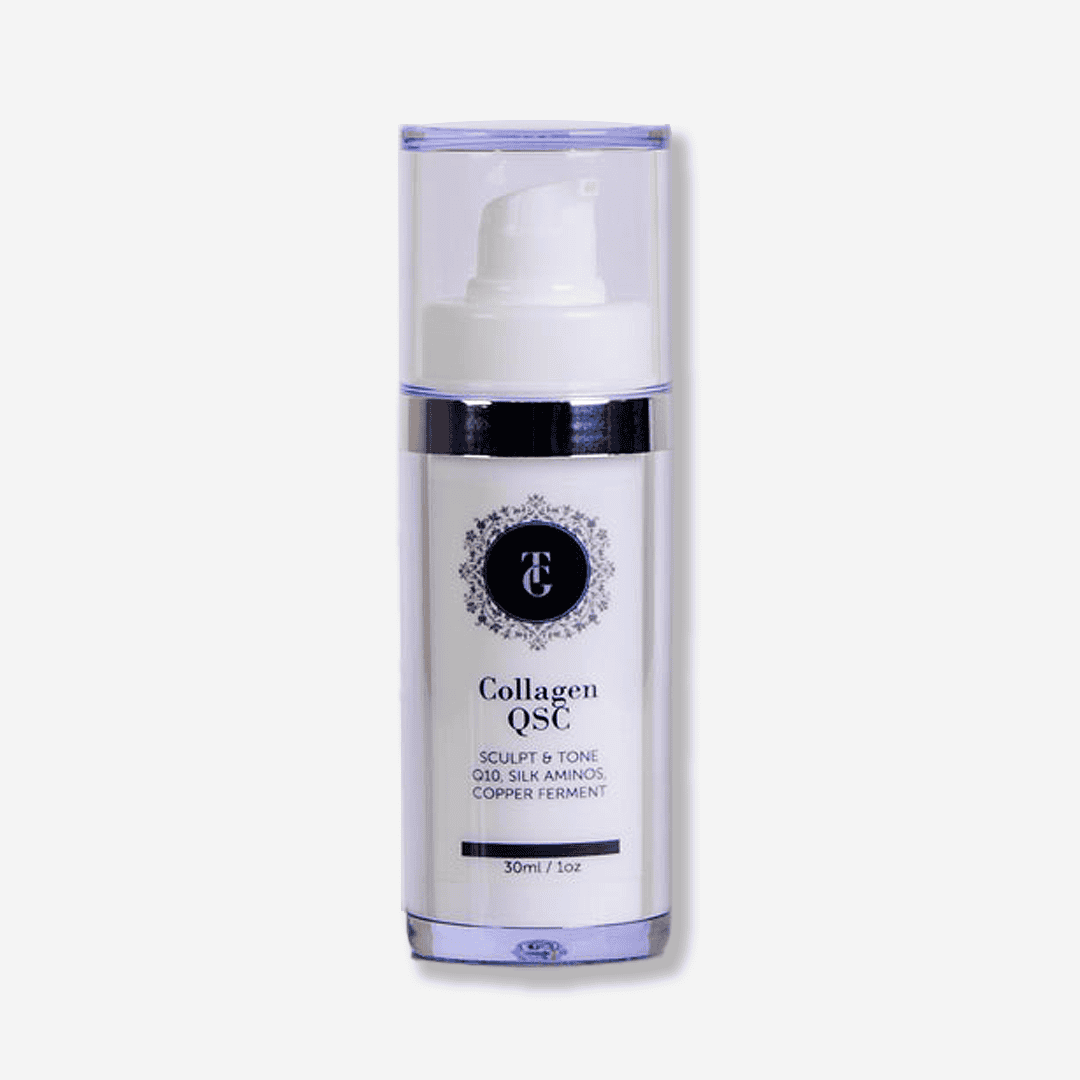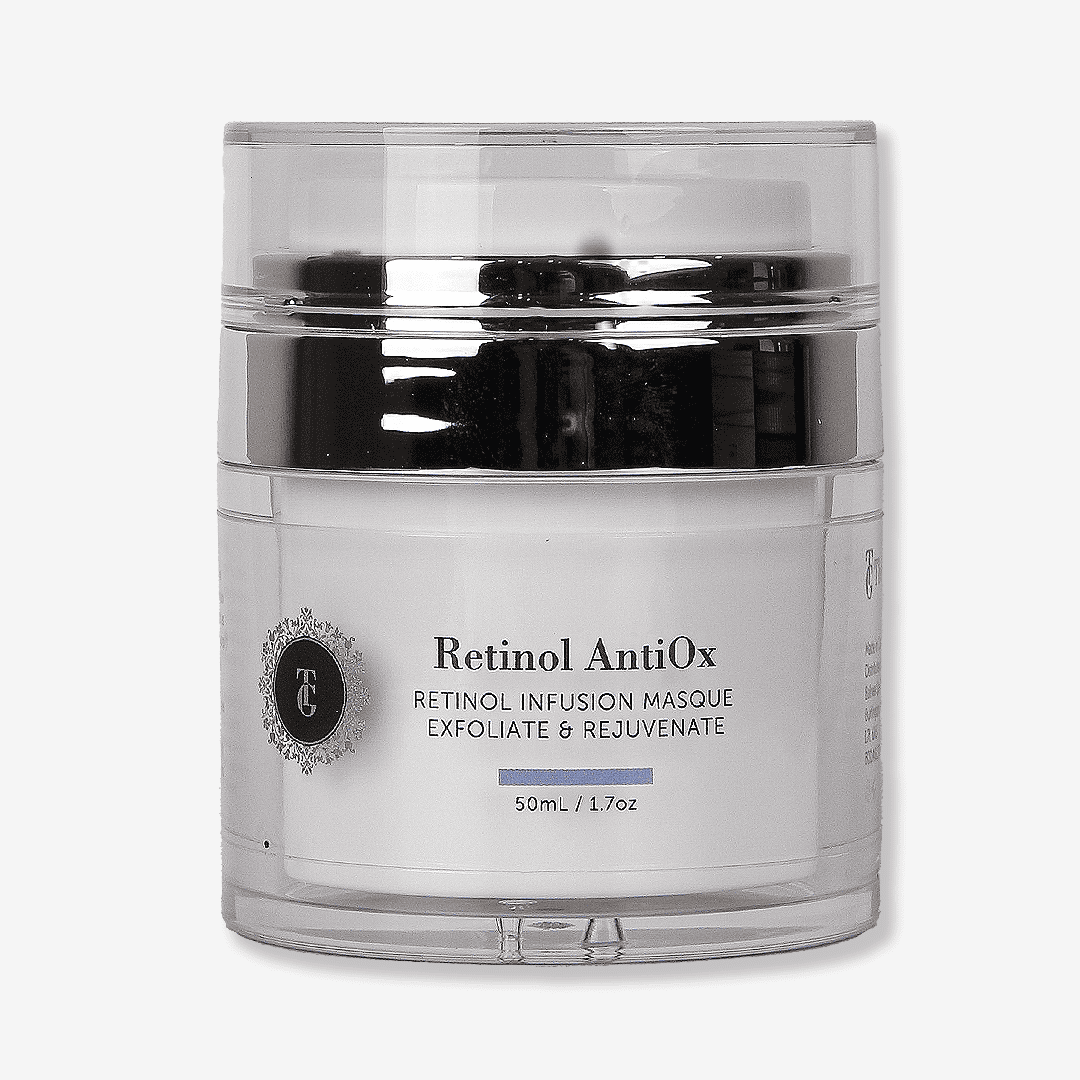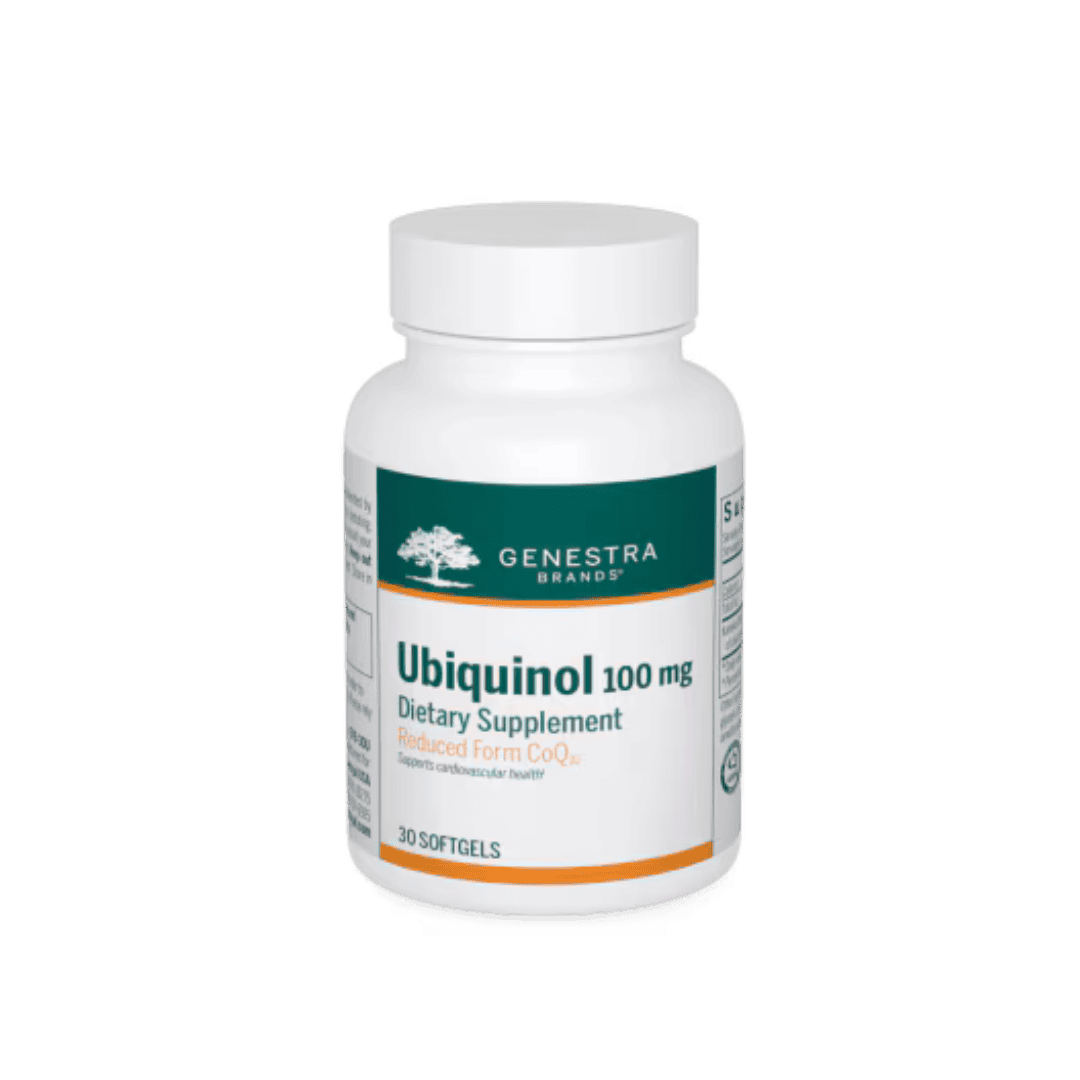Mitochondria, Coenzyme Q10 and Aging

Are you always feeling tired?
Energy is the spark of life and adrenals. 150 mechanisms contribute to the production of energy. Mitochondria are critical to cellular health and in conventional medicine, little or no attention is paid to them. They fall into the realm of alternative or functional medicine.
When the body senses physiological danger that response is centered around the actions of the mitochondria. The mitochondria being the powerhouse of the entire cell, it takes in carbohydrates and utilizes fats and then generates what is called ATP (adenosine triphosphate) in a chemical process called The Krebs Cycle. For most people eating too many carbohydrates makes them more tired and not more energetic. Adrenal fatigue does not drive actual fatigue.
The mitochondria are the central hub of the wheel of metabolism
Metabolism means all the chemical reactions that take place in the body. When we are stressed, the body feels under attack and what happens is that the mitochondria notice what is happening and shift from the mode of producing energy to cellular defense.
So, in times of danger or stress the mitochondria dial down energy production like a dimmer switch and switch all its resources to cellular defense. They oversee so many things in the body that they must react quickly if being threatened.
So, what are these, threats?
- Environmental toxins
- Poor diet
- Leaky gut
- Covid
- Lack of Sleep
- Over exercise or training (marathoners etc.)
- Psychological stressors
What is going on in your mind directly affects mitochondria in seconds. So, all these stressors cause oxidative stress, causing an increase in inflammatory cytokines and cause physical stress. If these signals are chronic or exceed the body’s capacity, the mitochondria switch function, and you feel fatigued.
Mitochondria and Aging
The average 70-year-old, evidence shows that they have lost 75% of their mitochondrial capacity. Overall, science shows that at this age the number of mitochondria that we have is cut in half and the ones that are still present have shrunk and shriveled and have a 50% reduction in capacity to produce energy.
This is not a natural part of Aging.
If we look at lifelong athletes in aging, they have the same mitochondrial capacity as a youth. So, this decline is not a malfunction it is caused by modern lifestyles.
So yes, you must use it or lose it.
If you do not challenge the body in exercise etc., it loses its functional capacity in the mitochondria. Therefore, exercise is the most potent disease preventing approach and capable of extending longevity in existence. There is not one drug in existence that even comes close to the disease prevention that exercise offers. You must push your body a little beyond your capacity. Your brain grows stronger if you push it beyond its capacity of comprehension. Another healthy way to stretch and push the body is to practice intermittent fasting to speed up your body’s metabolism.
Can we create more mitochondria? Yes, we can.
The body can heal itself if allowed. In a study done on 1400 women, those with the lowest fitness levels, over 50 % had dementia. Those with the highest levels of fitness had almost no impairment. So, health and longevity depend on our internal function, and we need to exercise for disease prevention and to age well.
Mitochondria are the main energy generators of brains cells.
Mitochondrial function tends to decrease with age. Total mitochondrial dysfunction can lead to the death of brain cells and diseases like Alzheimer’s and Parkinson’s. Unfortunately, the brain is very susceptible to oxidative damage due to its high fatty acid content and its high demand for oxygen. This oxidative damage enhances the production of harmful compounds that could affect memory, cognition, and physical functions.
WHAT IS COQ10
Coenzyme Q10 is a powerful antioxidant that your body naturally makes but can decrease for individuals over the age of 35. Currently, we also know that hormone levels begin to drop slightly and by the time we get to age 40 we are seeing the early signs of aging. When applied topically CoQ10, has been proven to be a particularly important ingredient when it comes to pro aging skin care. Studies have shown that it can boost the skins’ ability to repair itself and reduce free radical damage.
CoQ10 and your skin
CoQ10 is a compound made by your body and stored in the mitochondria of your cells. As well as overseeing energy production, it also protects cells from oxidative damage and disease-causing bacteria or viruses.
Your skin is the largest organ in your body, and it is widely exposed to damaging agents that contribute to aging. These agents can be internal or external. Some internal damaging factors include cellular damage and hormonal imbalances. External factors include environmental agents, such as UV rays. Harmful elements can lead to reduced skin moisture and protection from environmental aggressors, as well as the thinning of the layers of the skin.


Applying CoQ10 directly to the skin can reduce the damage from internal and external agents by increasing energy production in skin cells and promoting antioxidant protection. In fact, CoQ10 applied directly to the skin has been shown to reduce oxidative damage caused by UV rays and even decrease the depth of wrinkles.
Without Coenzyme Q10, or CoQ10, your skin is cannot produce the collagen required to continue to support and provide your skin with its firmness and elasticity. Simply put – less collagen means more wrinkles and sagging skin, which can enhance the more obvious signs of ageing. CoQ10 does not keep wrinkles at bay just by hindering free radicals from damaging the skin, it is CoQ10’s collagen and elastin boosting ability that completes the job. When applied, CoQ10 supports the body to produce more collagen and elastin proteins needed for a firm, elastic skin.

Supplements
CoQ10 comes in two different forms — ubiquinol and ubiquinone.
Ubiquinol accounts for 90% of the CoQ10 in the blood and is the most absorbable form. Thus, it is recommended to choose from supplements containing the ubiquinol form. If you want to buy a CoQ10 supplement containing the ubiquinol form, then there is an excellent selection to be found in good health food stores.
The standard dose of CoQ10 ranges from 90 mg to 200 mg per day. Doses up to 500 mg seem well tolerated, and several studies have used even higher doses without any serious side effects.
Because CoQ10 is a fat-soluble compound, its absorption is slow and limited. However, taking CoQ10 supplements with food can help your body absorb it up to three times faster than taking it without food. Additionally, some products offer a solubilized form of CoQ10, or a combination of CoQ10 and oils, to improve its absorption.
Your body does not store CoQ10. Therefore, its continued use is recommended to see its benefits. Supplementing with CoQ10 appears to be well tolerated by humans and have low toxicity. In fact, participants in some studies showed no major side effects taking daily doses of 1,200 mg for 16 months.
Food Sources of CoQ10
While you can easily consume CoQ10 as a supplement, it can also be found in some foods.
The following foods contain CoQ10:
- Organ meats: Heart, liver, and kidney
- Some muscle meats: Pork, beef, and chicken
- Fatty fish: Trout, herring, mackerel, and sardine
- Vegetables: Spinach, cauliflower, and broccoli
- Fruit: Oranges and strawberries
- Legumes: Soybeans, lentils, and peanuts
- Nuts and seeds: Sesame seeds and pistachios.
- Oils: Soybean and canola oil

Written By Trish Green DiHom(Pract) B.Ed Cidesco Diplomat. Bach Flower Therapist.
Trish is a graduate of the Victoria University of Manchester, Trish is a teacher with 35 years of experience in the education field. For twenty of those years she has been an educator in the esthetics industry. She is an advocate for raising standards in education for Complementary Health Care Practitioners with special interest in Aromatherapy. Her career in the field of natural health and esthetics is wide and varied. From Doctor of Homeopathy to Cidesco diplomat, Trish is a dedicated professional, committed to ongoing education and the education of others.
